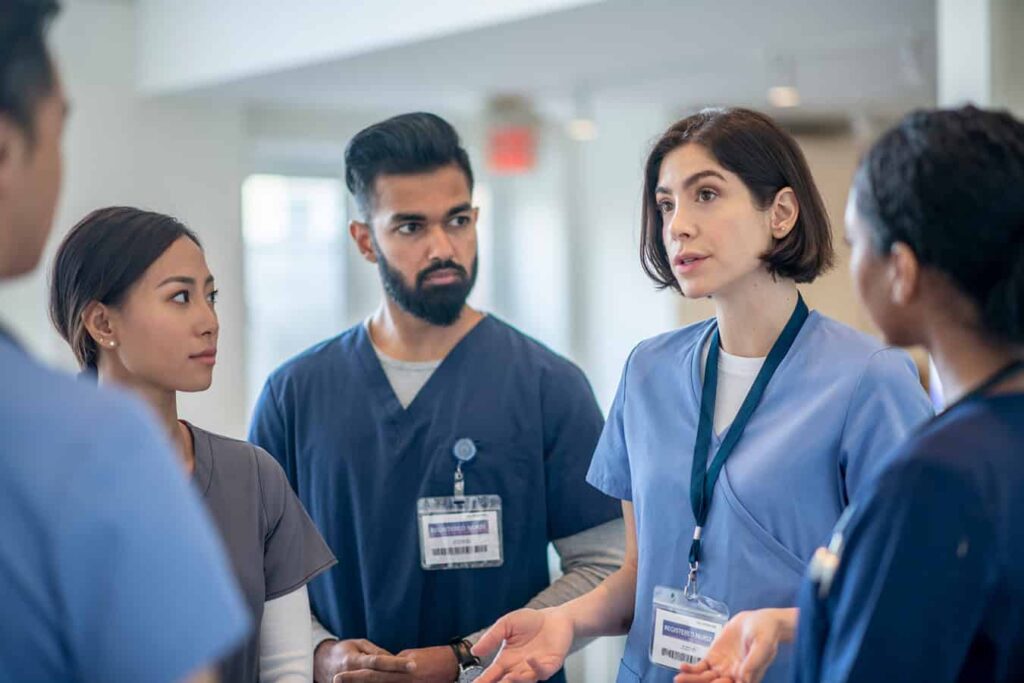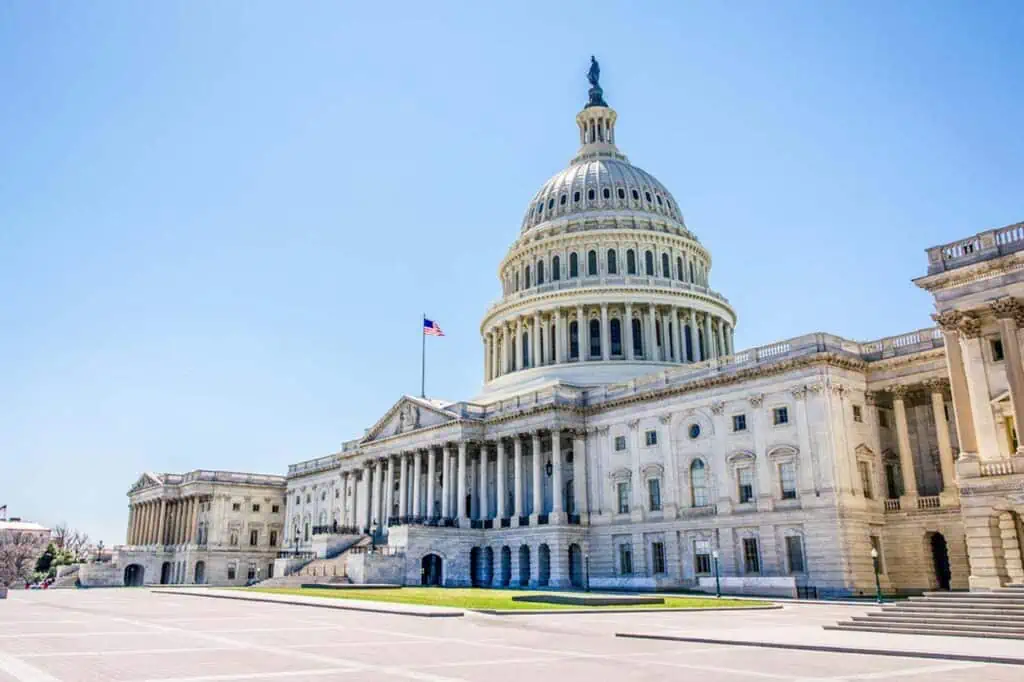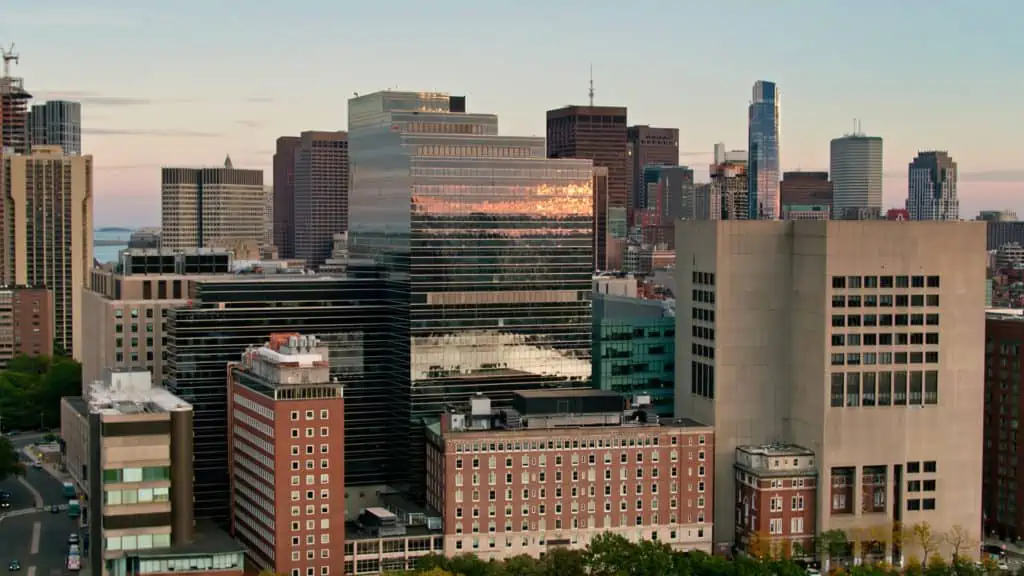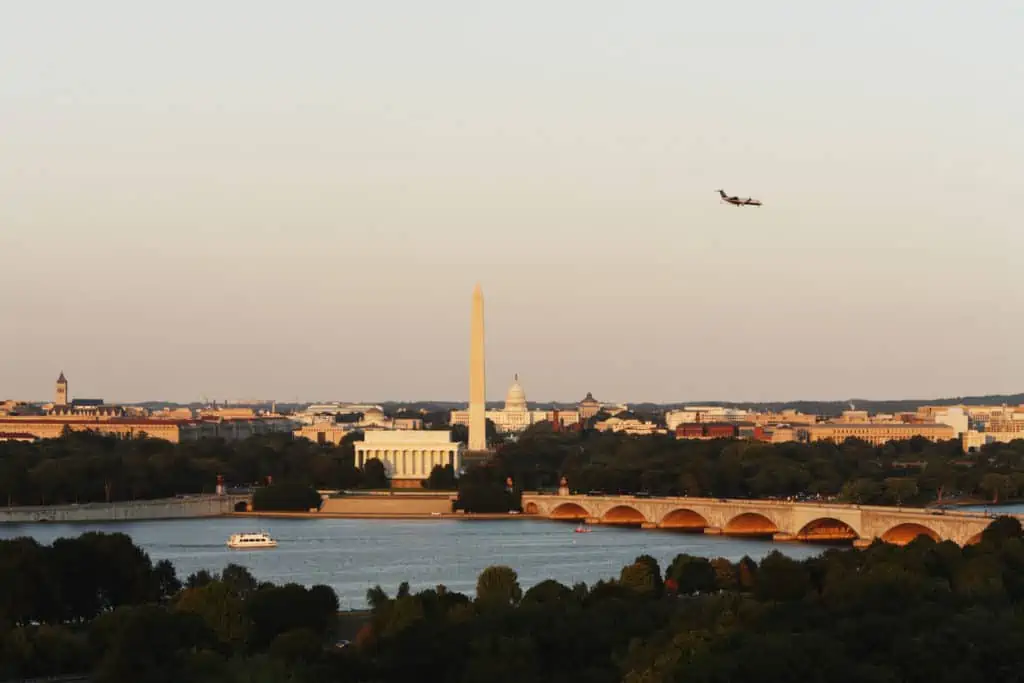How a Network of Immigrant & Refugee Doctors Opened Pathways to Practice in Washington State
As the IMPRINT coalition welcomes new member organizations, WES Global Talent Bridge is publishing a series of blog posts that highlight the critical work and unique perspectives of this dynamic network.
Mohamed Khalif is founder of the Washington Academy for International Medical Graduates (WAIMG), a non-profit that supports the efforts of international medical graduates (IMGs) to achieve their professional goals in Washington State. WAIMG was instrumental in passing SHB1129, a new Washington State law that provides limited licenses to eligible IMGs. Signed by Governor Jay Inslee this month, the law goes into effect July 25.
There are hundreds of immigrant and refugee physicians living in Washington State; I am one of them. We are well positioned to help address Washington’s looming physician shortage; the state is projected to need an additional 1,700 primary care physicians by 2030. Our multilingual skills and cultural competencies improve patient outcomes, especially in our state’s growing immigrant communities.
However, until recently, Washington law did not recognize our international credentials and experience. Obtaining licensure in Washington, as in other states, required us to repeat medical exams and graduate residency training that we had already completed in other countries. This complex, multi-year process costs tens of thousands of dollars.
I encountered these licensing challenges after returning to Washington State at age 25, equipped with a medical degree and license from China and experience practicing medicine in Somalia, the country from which my family fled as refugees in 1992.
I had spent my childhood in Washington. My family arrived in Seattle when I was four years old and stayed for a decade, until my father’s import business expanded internationally. I spent my teen years living in six countries, learning five languages.
My return to Washington, however, did not feel like a homecoming. I was unable to qualify for a state medical license, and recruiters in other industries told me I was “overqualified” for employment opportunities. I eventually took work as a security guard to pay my bills.
I remained committed, however, to rebuilding my career in the United States. Between 12-hour work shifts, I volunteered at a local clinic to gain U.S. medical experience. There, I connected with other qualified international medical graduates (IMGs) who had practiced medicine in other countries but were now facing barriers to licensure. Data shows that there are 165,000 internationally trained immigrants and refugees whose health-related credentials are not fully utilized in the U.S. Some 5,000 of us—physicians, nurses, therapists, and other health care professionals—live in Washington State.
I formed an online group and networked with local non-profits to connect with IMGs. Within a year, I met more than 300 underemployed immigrant and refugee physicians across the state. The need for organized support was apparent, and the Washington Academy for International Medical Graduates (WAIMG) was formed to build professional networks and connections with health care employers. Our members were soon securing jobs in clinical review and public health roles, but still did not have access to opportunities to work in direct care.
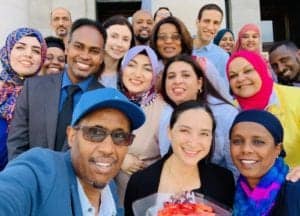
Opening these career pathways would require legislative changes, and we took inspiration from success in other states. In 2014, Missouri created a license for assistant physicians. In 2015, Minnesota followed with funds to encourage the licensure of IMGs willing to work in underserved communities. WAIMG launched efforts to bring similar models to Washington.
Our early conversations with state legislators revealed a lack of awareness of the complexities of the licensing process, especially the multi-step U.S. Medical Licensing Examination (USMLE) and postgraduate residency requirements. In response, we took busloads of IMGs to the state capitol so they could share their stories. The hundreds of underemployed doctors packed into a room in the capitol offered striking visual testimony to the impact of underutilization of talent in our state.
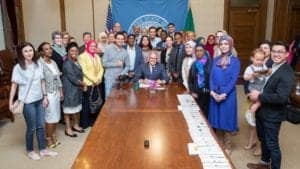
Nearly two years passed before we began to see any progress, but our work in raising awareness laid a solid foundation for the process that would follow. In 2019 we had a breakthrough when SB 5846 passed and allowed for the creation of a working group to study how IMGs could help to address Washington’s physician shortage. WAIMG participated in the working group and gathered data to make our case. If even 100 IMGs were able to access medical licenses, 350 lives would be saved each year.
In 2020, Washington passed SB 6551 which opened pathways to licensure for “exceptionally qualified” IMGs and formally established the working group. The COVID-19 pandemic underscored the urgency of our effort: Washington needed innovative ways to bolster its health care workforce.
This year, Washington continued its commitment to opening pathways to licensure for immigrant and refugee physicians with SHB1129, a bill that proposed the creation of limited licenses for qualified IMGs. On May 10, Washington Governor Jay Inslee signed the bill into law, creating a first-of-its-kind pathway for IMG licensure in Washington—and a blueprint for other states to bolster and diversify their health care workforces.
To qualify for new limited licenses, applicants must possess certified international transcripts, pass all steps of the USMLE, and complete a background check. The law waives postgraduate U.S. residency requirements and calls for holders of limited licenses to practice under the supervision of fully licensed physicians.
WAIMG is preparing for the implementation of this new law. We will lead outreach efforts to our 500-member organization and build partnerships with employers to open employment opportunities.
Our community of IMGs remains committed to saving lives in Washington State and beyond. State by state, we can build a more inclusive, responsive, and diverse U.S. health system that values the skills and contributions of all physicians.
Click here for more from WES Global Talent Bridge.
Photos courtesy of WAIMG


